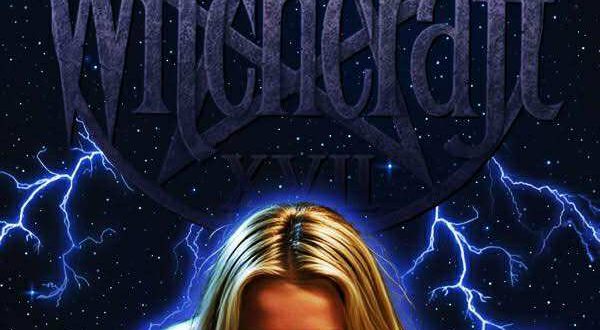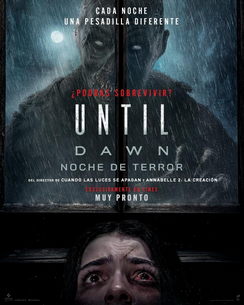
This content contains affiliate links. When you buy through these links, we may earn an affiliate commission.
Over the past two years, a subtle but important shift has been slowly taking hold in my reading life. In 2021, it’s finally taken concrete form as my new reading mantra: meet books where they are. I’ve become less and less interested in my own expectations and preconceived ideas about what I think a book should be. I’m much more interested in what each book I read is doing. Why is it written the way it is? Why this form, this structure, this particular story? Why these characters, why this POV, this genre, this style of prose?
Of course not every book is going to work for me. Meeting books where they are doesn’t mean indiscriminately loving every book I read or feeling guilty for not liking a book for one reason or another. It just means that I’ve stopped trying to make every reading experience my favorite reading experience. It means embracing variety. It means taking the time to step back and ask why a book is the way it is before deciding that I don’t like it for the way it is.
Historically, I haven’t been a huge fan of short story collections. After a while I just stopped reading them at all, sick of being disappointed by book after book. But last year, when I started thinking more intentionally about meeting books where they are, I read over 20 story collections. A few of these (Afterparties and A Natural History of Transition) rocketed onto my Best of the Year list. But I enjoyed many other collections, too. It turns out all I needed to do to start appreciating story collections was to stop expecting them to be novels. Novels will always be my first love. Story collections simply do not hit me in the heart or get under my skin in the same way (usually). But now I am hungry for them. I am hungry for what they give me that novels don’t. This sounds so simple and obvious, but it took years for me to figure it out.
Last year I read With Teeth by Kristen Arnett. I was riveted by it, but there was a moment, after finishing it, when I was disappointed. Wait, I thought, that’s it? It’s a novel about a woman who doesn’t change. This is the sort of book I would have hated five years ago. I can actually scroll back through my reviews of books like this and see the critique: There’s no forward momentum! The character doesn’t change at all! What was the point? But I loved With Teeth, and I did not want to be disappointed by it, so I thought about it for a minute. I realized the novel was doing something else. Sometimes people don’t change. Sometimes people don’t grow. And those stories are still worth reading. I’ve come to love what I call “look at this person’s life” books, and it’s because I’ve shifted my expectations about them. I’ve started meeting them where they are.
Meeting books where they are has made me a more thoughtful reader. It’s made me more curious and more generous. I think about this idea a lot when I’m deciding whether not to DNF something. If I’m not into a book, instead of just ditching it, I ask myself why I’m not into it. Sometimes there’s a simple answer: I don’t like the writing, the plot is boring me, I’m not in the right mood. But sometimes when I pause to think about it, I realize I’m clinging to the idea that every book I read should give me the same emotional experience. Sometimes when I stop to interrogate what a book is actually giving me, I discover that I want to keep reading. Every time I do this, I end up grateful I kept going.
Today In Books Newsletter
Sign up to Today In Books to receive daily news and miscellany from the world of books.
Thank you for signing up! Keep an eye on your inbox.
By signing up you agree to our terms of use
Earlier this year I read Two Old Women by Velma Wallis. It’s a fable-like story about two women from the Gwich’in band of Athabaskan Alaskan people who are left behind one winter because their tribe believes they won’t be able to keep up and will put everyone else in danger. I wasn’t gripped by the first few pages. But instead of chucking it, I started thinking about what kind of story it was: a legend passed down through generations, a tale to be told around a fire, a written record of an old story, full of lessons. It’s not a novel in the contemporary sense, so why was I trying to read it like one? So I stuck with it, and I ended up loving it. I still think about it often.
This happens to me all the time now. If I wanted every experience of reading a book to be the same, to be my favorite kind of reading experience, I would only read one kind of book. But that’s not what I want. I want to be moved and challenged and perplexed and delighted and awed by books. Some books stay with me forever. Others pass through me, beautiful but impermanent. I used to think the only the ones that marked me forever were worth it. Now I know they’re all worth it. Meeting books where they are means I get to experience and enjoy so many different kinds of stories. And that makes me one happy reader.




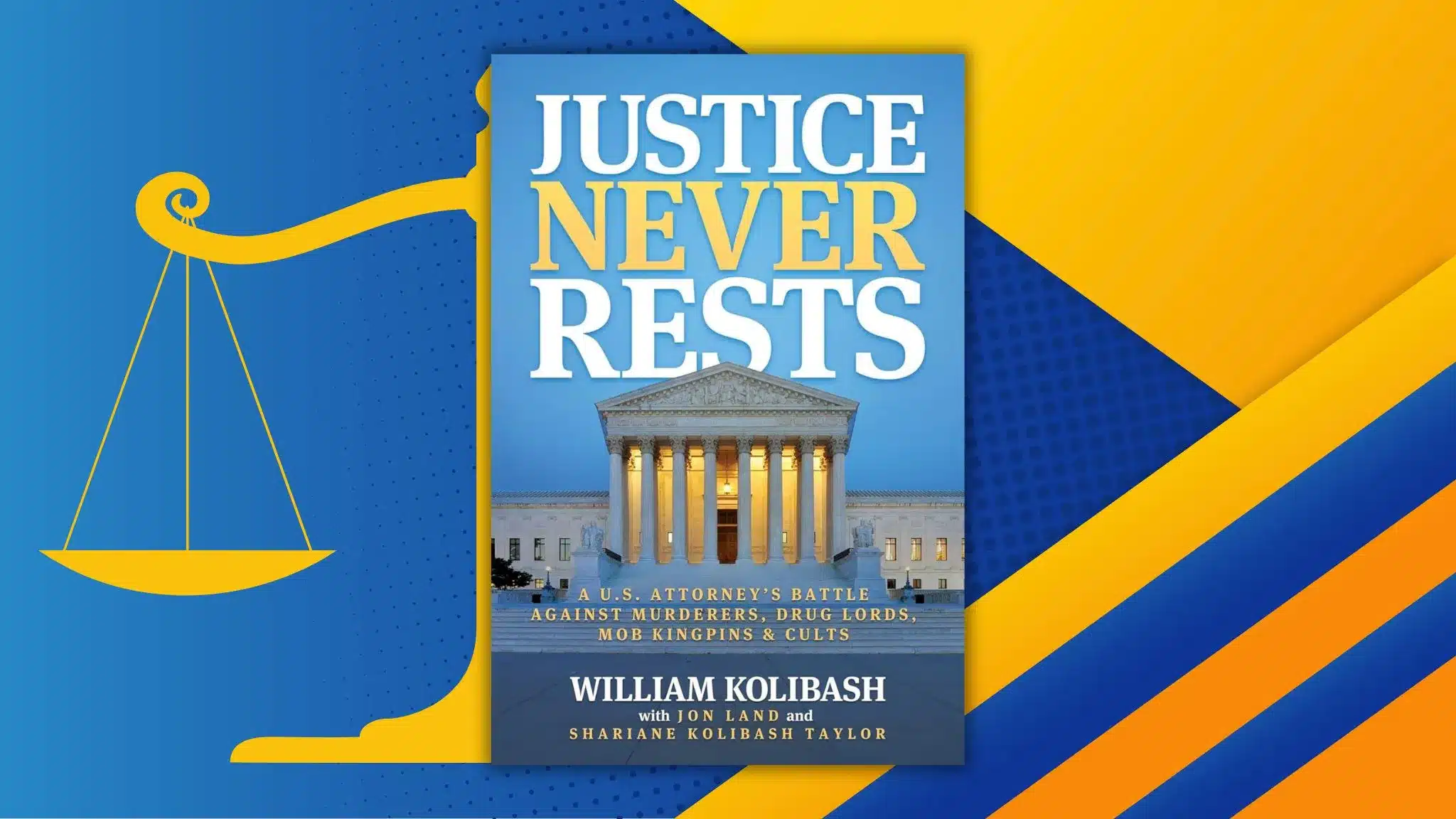
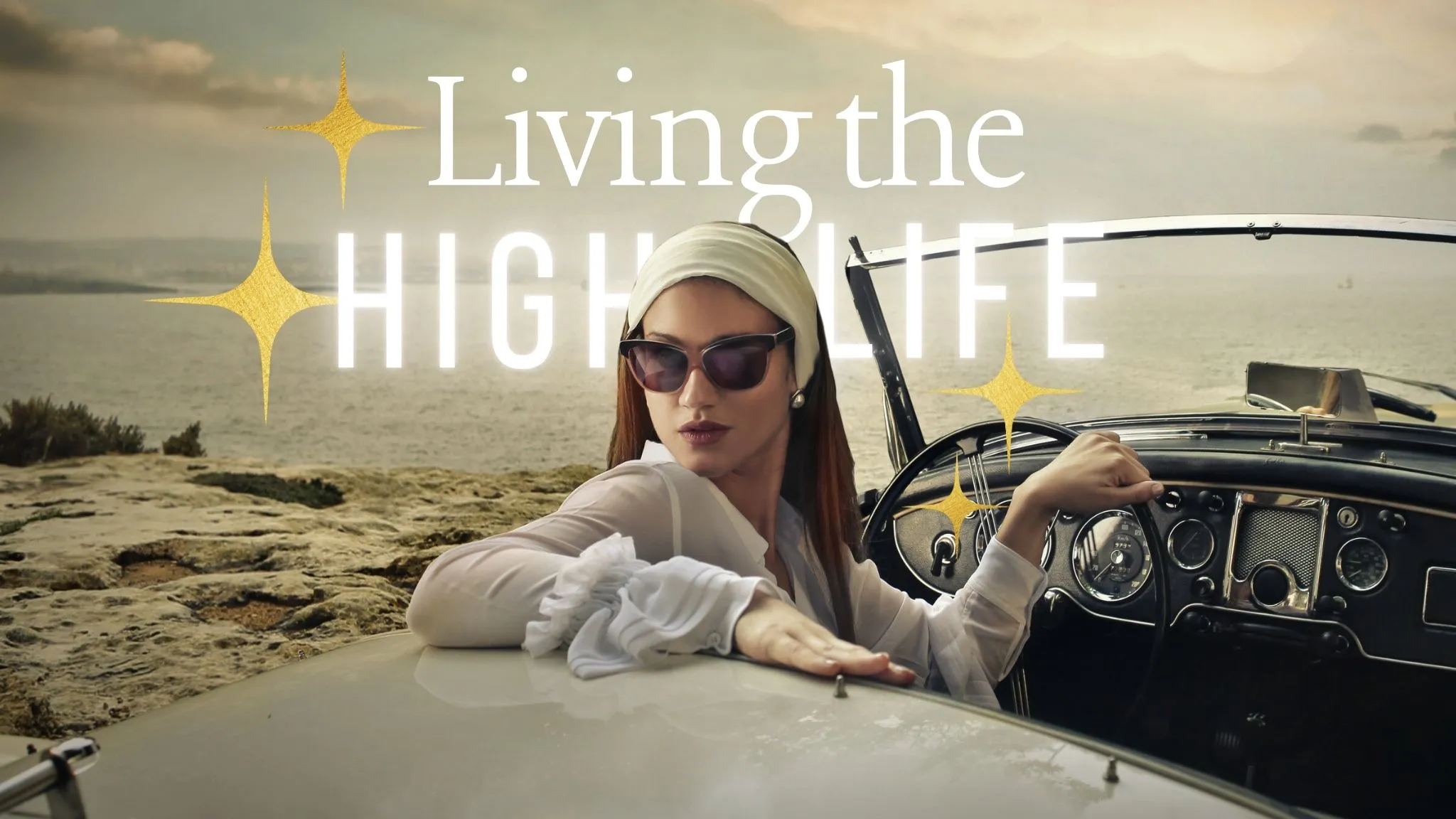

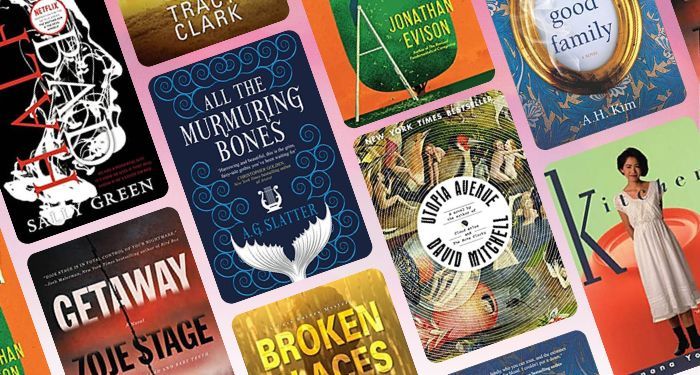
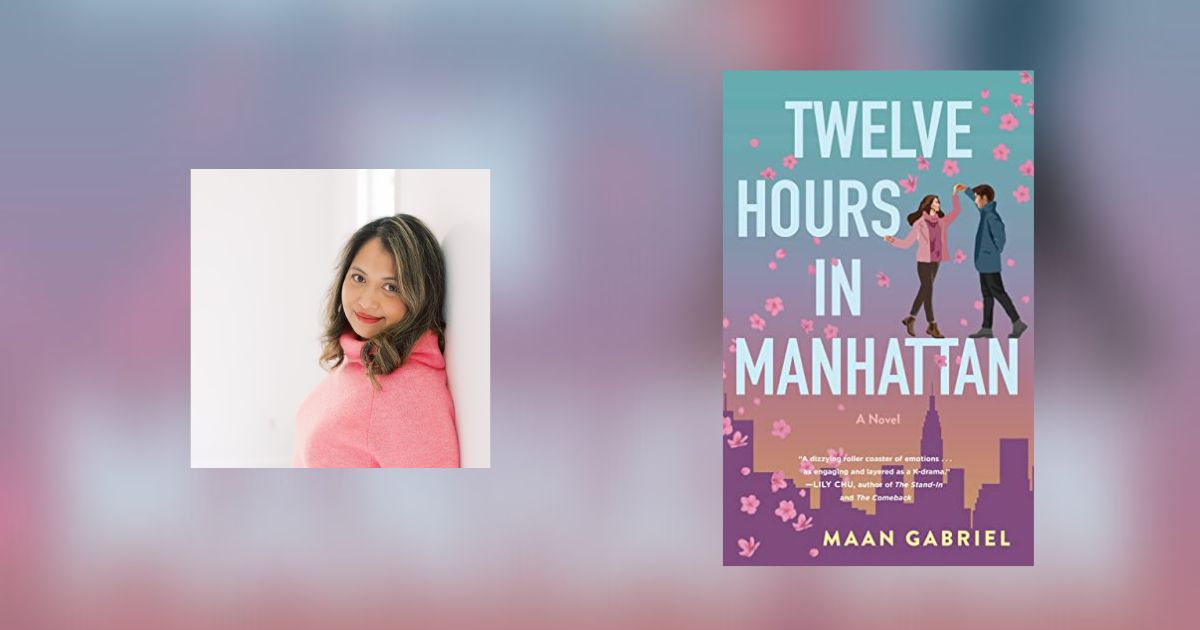







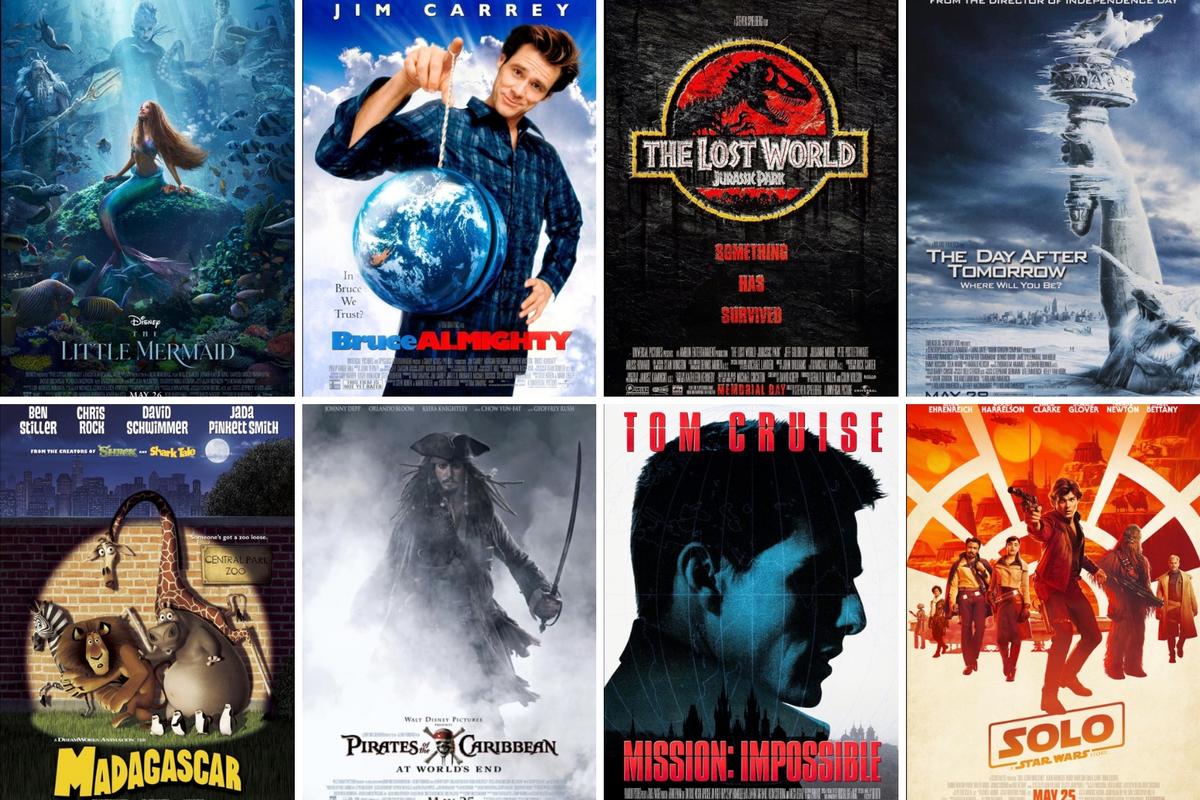
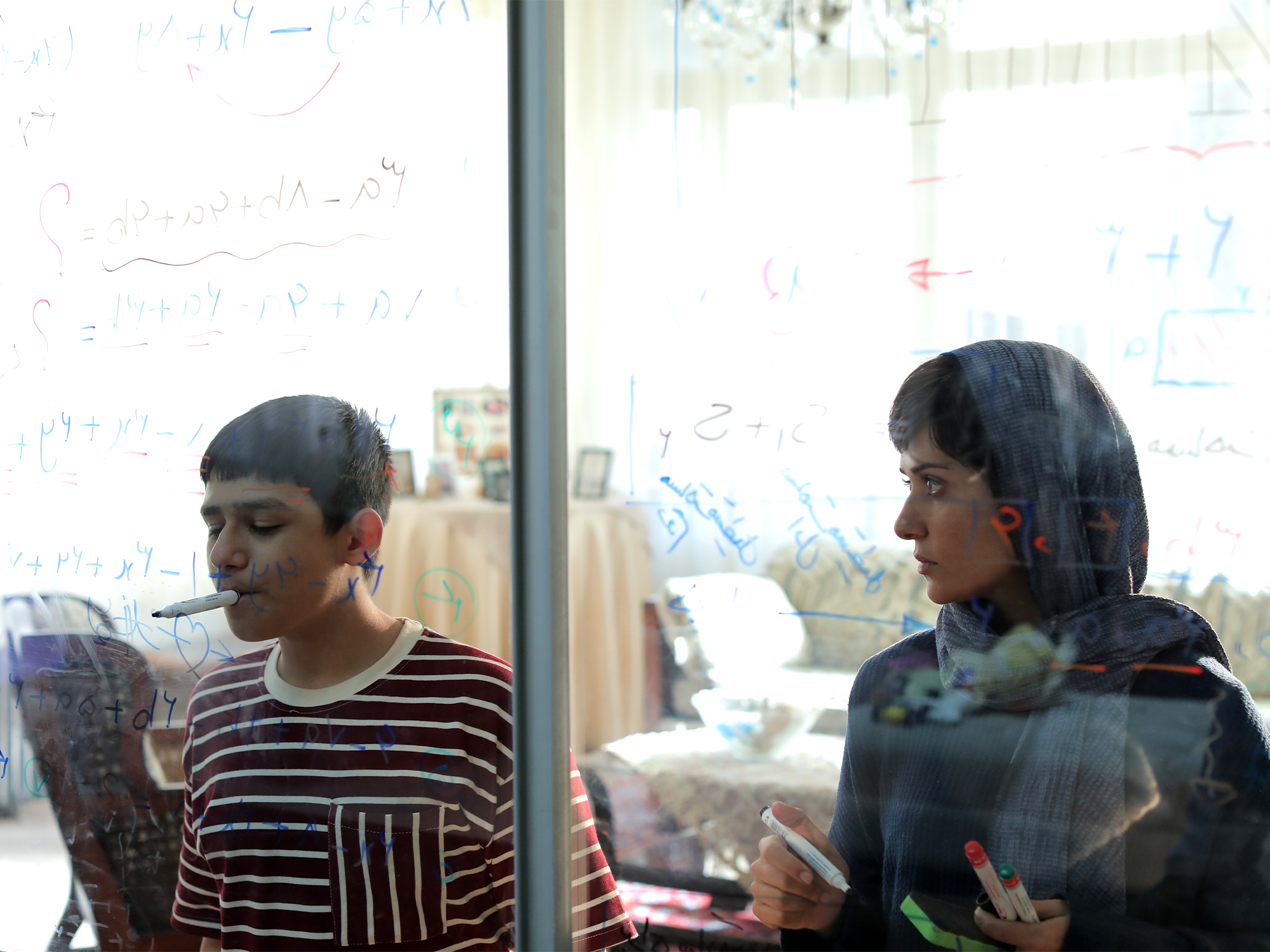



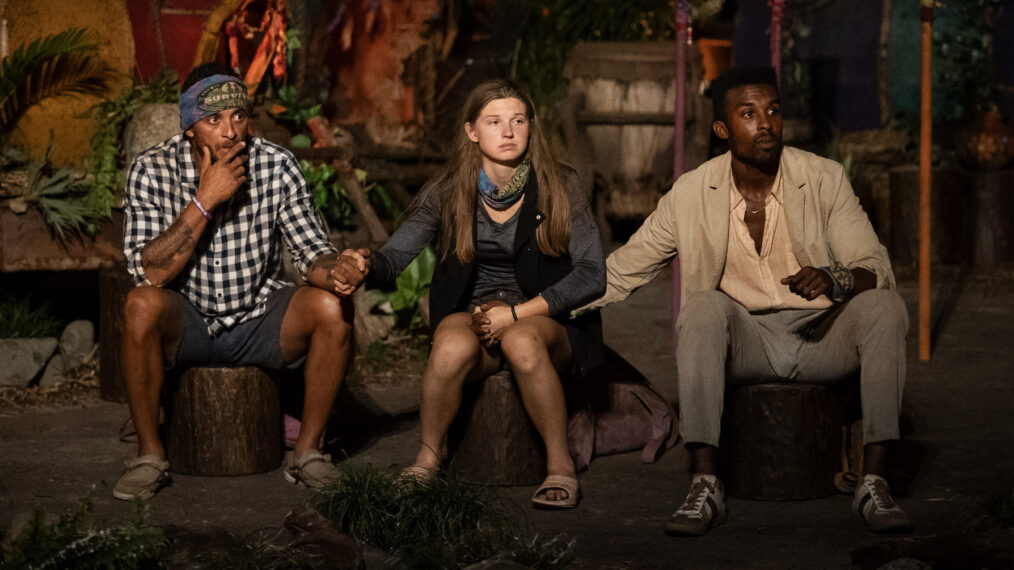




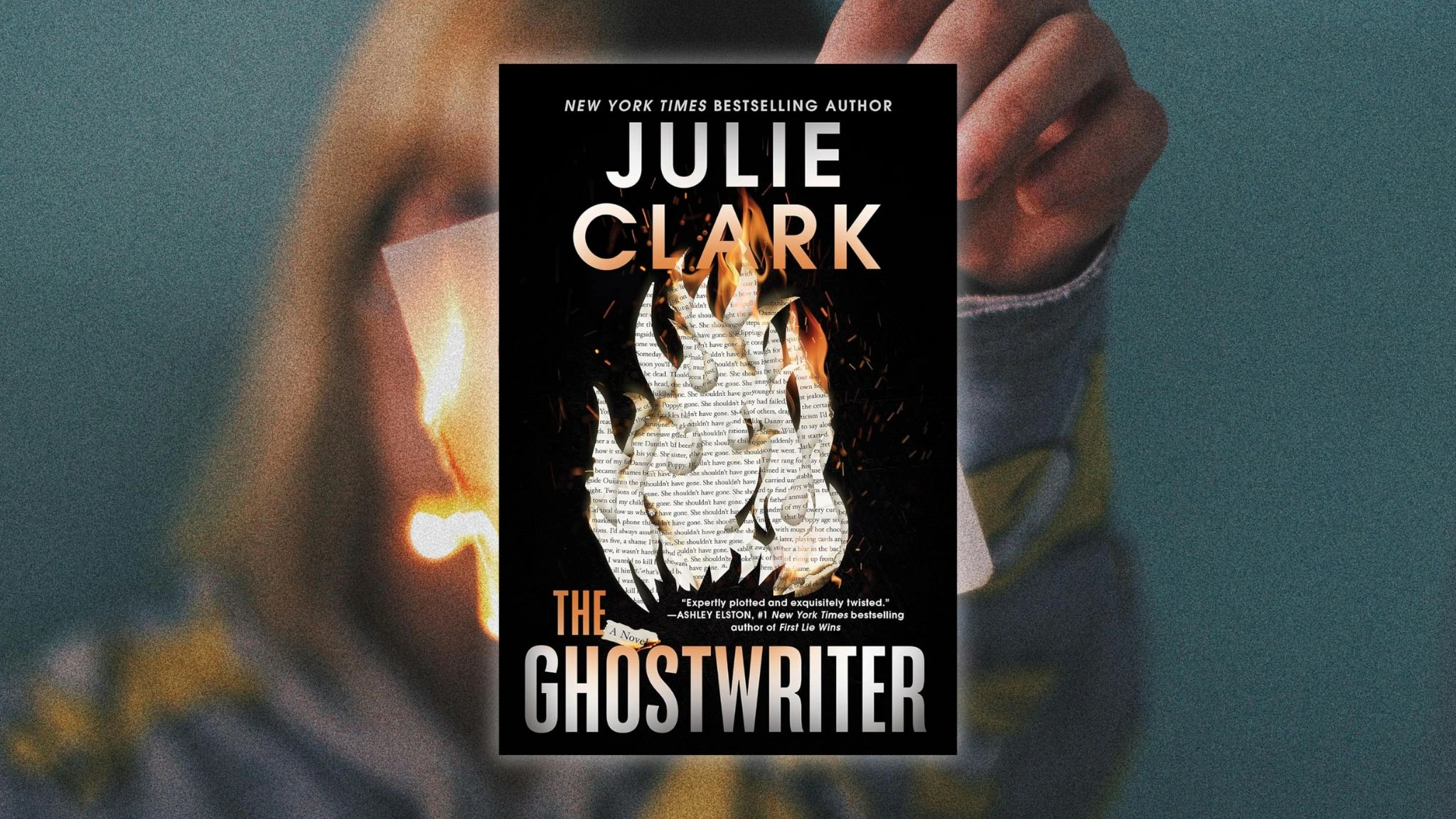
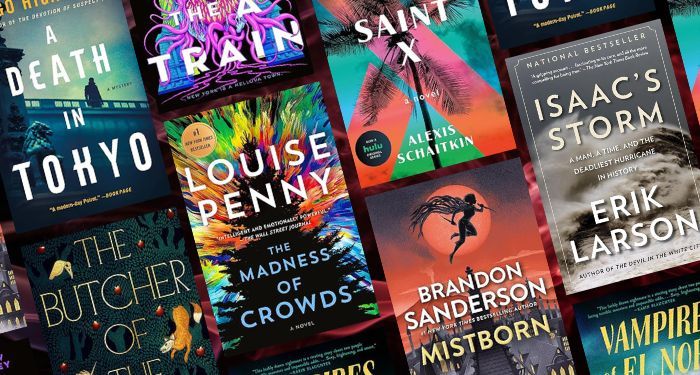
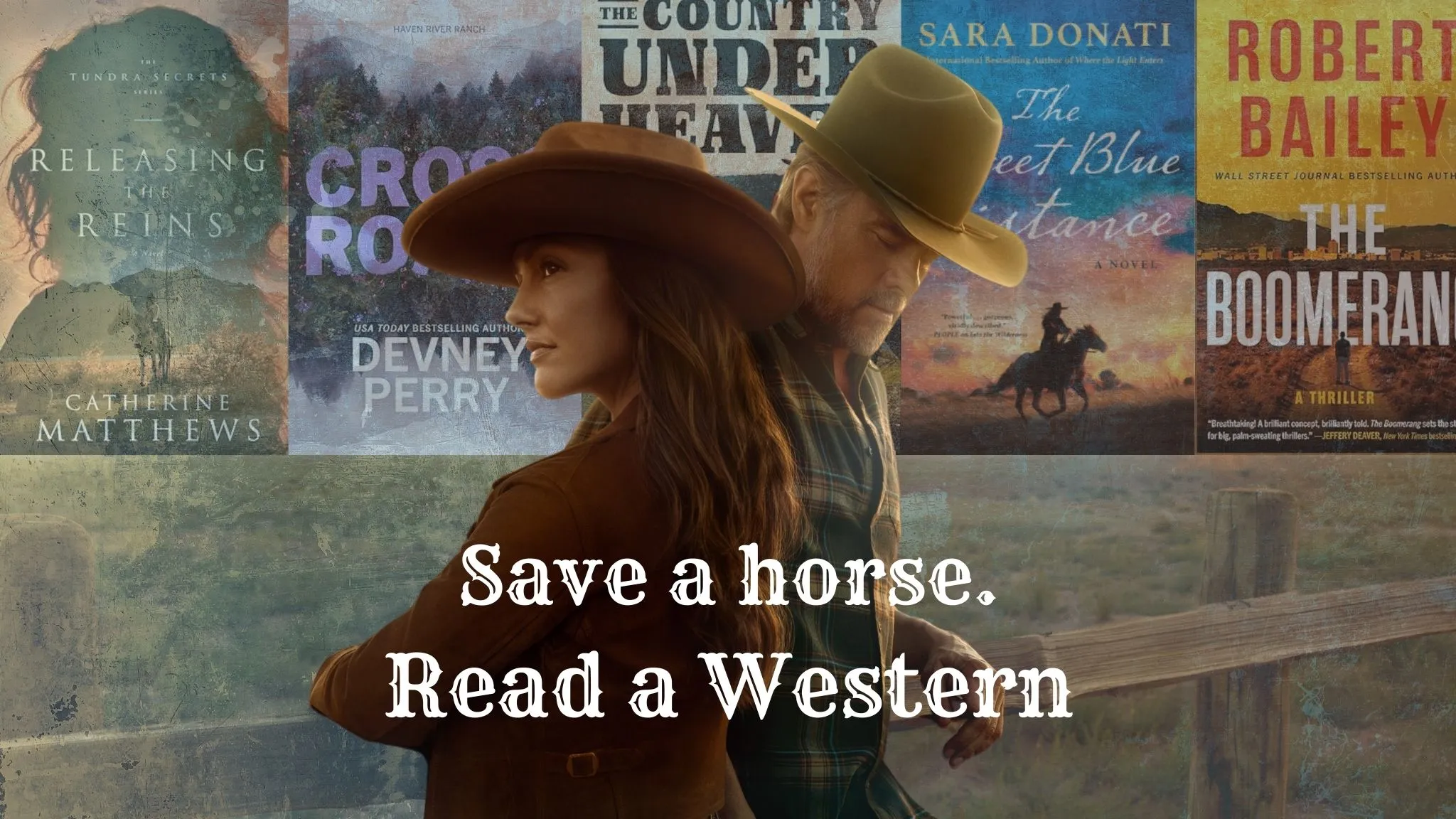
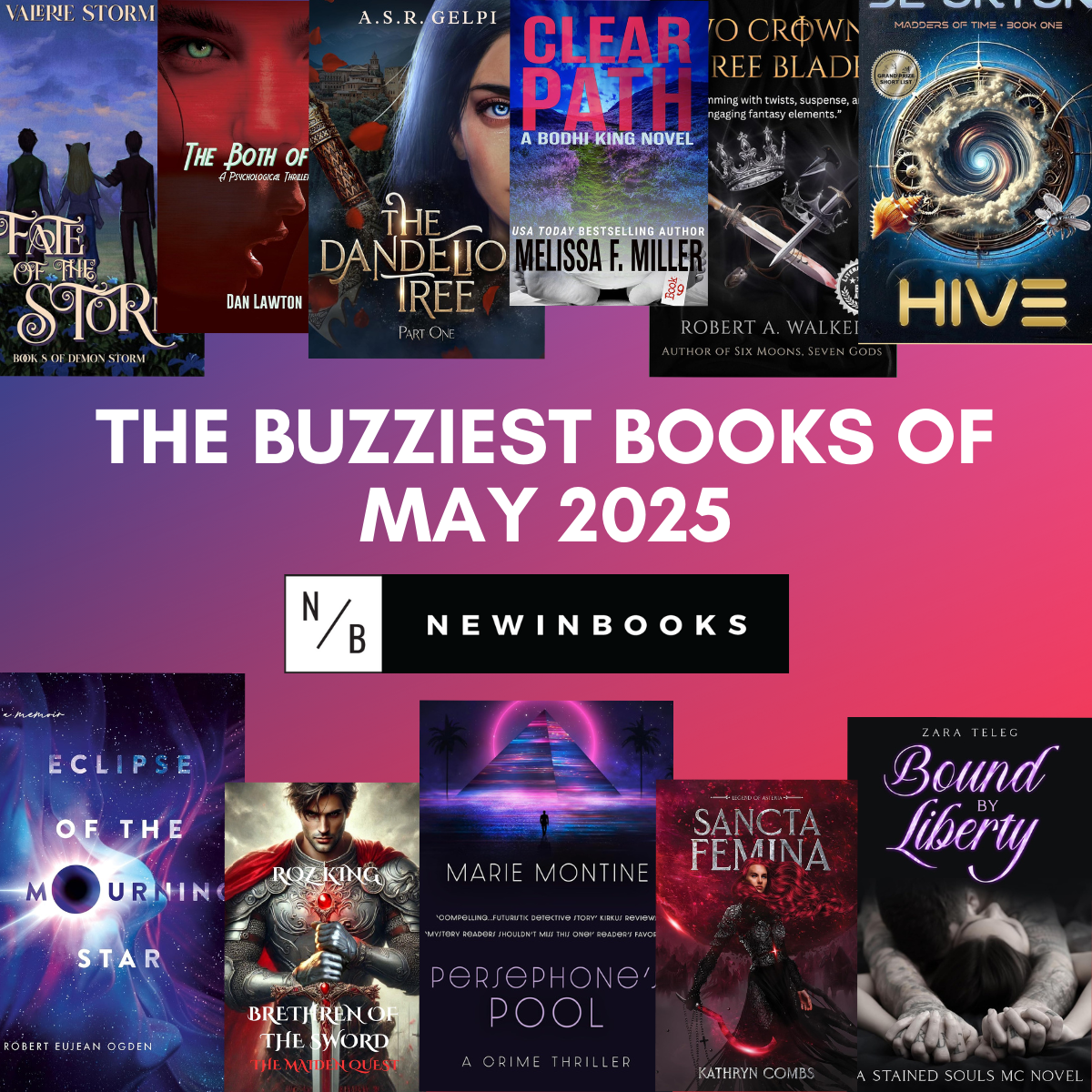

:quality(85):upscale()/2025/05/19/981/n/1922564/93076eb0682bb18c994e06.89379902_.png)

:quality(85):upscale()/2025/05/23/715/n/1922564/1e63d6e168309df259d956.72331408_.png)
